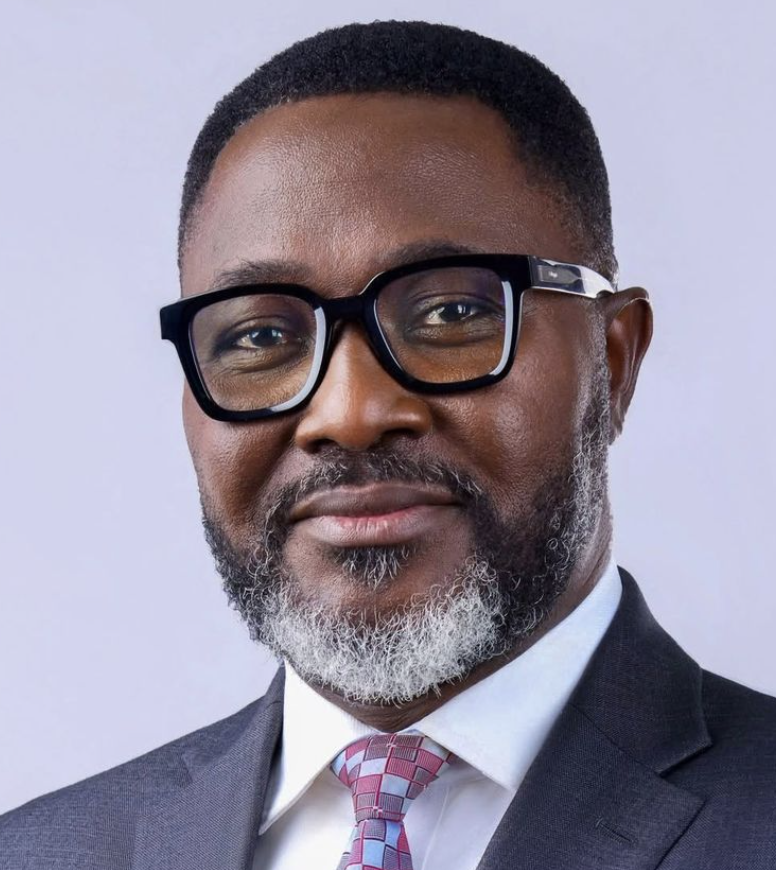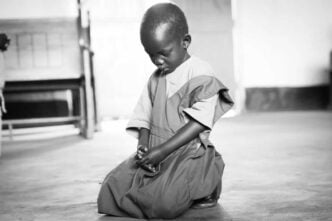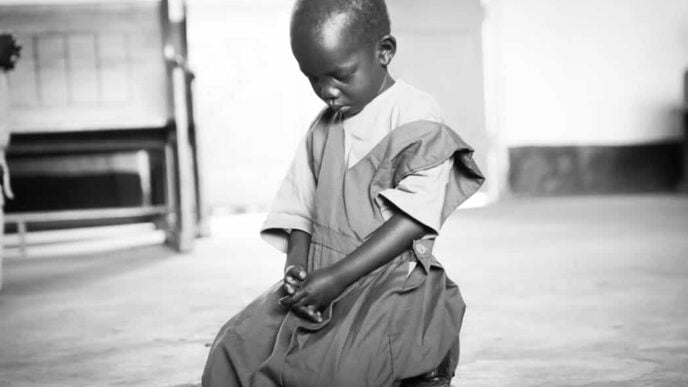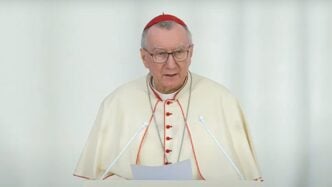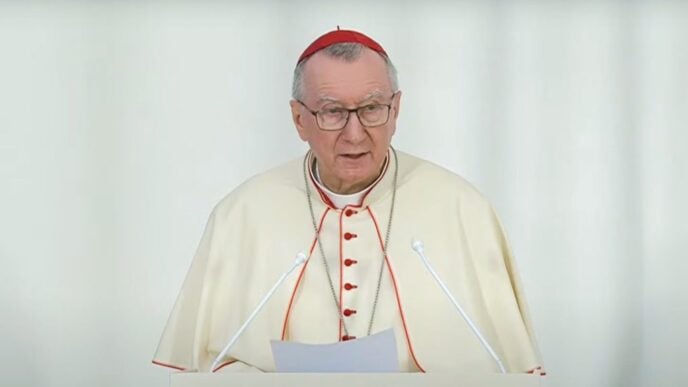A recent statement credited in the media to a prominent Nigerian Afrobeat artiste, Tiwa Savage, that she would be open to becoming a second wife under certain conditions; acted as a powerful cultural flashpoint. Coming from a financially independent and globally recognized woman, this perspective challenges the straightforward notion that polygyny (the marriage of one man to multiple wives) is merely an outdated, oppressive relic. Instead, it places the entire discussion squarely in the realm of personal choice and re-evaluation, even while the overall practice is statistically shrinking.
In general, the official practice of polygyny in Nigeria is trending downward. This decline isn’t accidental; it’s being driven by several powerful modern forces that are reshaping the family structure.
Firstly, education and urbanization are powerful engines of change. As education levels rise, particularly among men, there’s a strong correlation with a move toward monogamy. Life in major urban centres, such as here in Lagos, simply demands a different family model than the rural, agrarian communities of the past.
Secondly, the economics no longer support the arrangement. The traditional compound model, where co-wives provided labor and shared resources, is now economically unsustainable. Maintaining multiple separate homes in a costly urban environment makes plural marriage prohibitively expensive for most families.
Advertisement
Finally, the attitudes of modern Nigerian women have hardened against the practice. Women who achieve financial independence and professional success are often unwilling to endure the emotional strain, rivalry, and diminished rights historically associated with being a co-wife. For the majority, the cost of a plural marriage is simply too high.
Yet, the very public discussion started by the celebrity’s statement suggests that for some, a plural marriage might be viewed as a calculated choice. If conditions of transparency, justice, and respect are guaranteed, some women may see a plural marriage as offering benefits like emotional stability or a shared domestic load. This perspective injects the crucial factor of agency (a woman intentionally choosing her role) into a structure typically defined by patriarchy.
However, beneath the surface of this public debate, the concept of a man having multiple partners remains stubbornly present, manifesting largely as informal polygamy. This hidden reality is the darker side of the contemporary issue. Many men who are legally monogamous still maintain mistresses or “side chicks” outside the marital home. This arrangement, rooted in secrecy and emotional deceit, lacks the communal accountability that traditionally governed co-wives.
Advertisement
This societal contradiction (refusing the label of “polygamous” while refusing the constraints of monogamy) echoes the observation of philosopher Albert Camus, who wrote that “Man is the only creature who refuses to be what he is.”This refusal leads to widespread hypocrisy, hidden conflicts, and fractured families.
The final element keeping the debate alive is the use of polygyny as a social “solution” and its strong cultural anchors. On digital platforms, a controversial narrative sometimes frames taking a second wife as a pragmatic alternative to divorce or domestic violence, suggesting that the resulting competition between wives might somehow encourage domestic peace.
Meanwhile, the practice is robustly maintained by cultural and religious anchors. For those adhering strictly to Islamic law, which permits up to four wives under strict conditions of justice, the practice remains a valid, preferred model. Additionally, deep-seated societal pressure; particularly the need for a male heir; continues to motivate some men to seek a second wife if their first marriage is childless.
Ultimately, the dynamic status of polygyny in Nigeria highlights that the core marital structure is under intense, visible pressure. While formal numbers recede, the underlying tension between modernity, female agency, hidden deceit, and tradition persists, proving that, as the poet W.B. Yeats and novelist Chinua Achebe both suggested, “Things fall apart; the centre cannot hold.”
Advertisement
————————
Adebawo is an accomplished business leader and communications expert with extensive experience in the oil and gas industry. He currently serves as the General Manager of Government, Joint Venture, and External Relations at Heritage Energy. Adebawo is also an author, scholar, and ordained minister, known for his writings on socioeconomic
issues, strategic communication and leadership.
Views expressed by contributors are strictly personal and not of TheCable.
